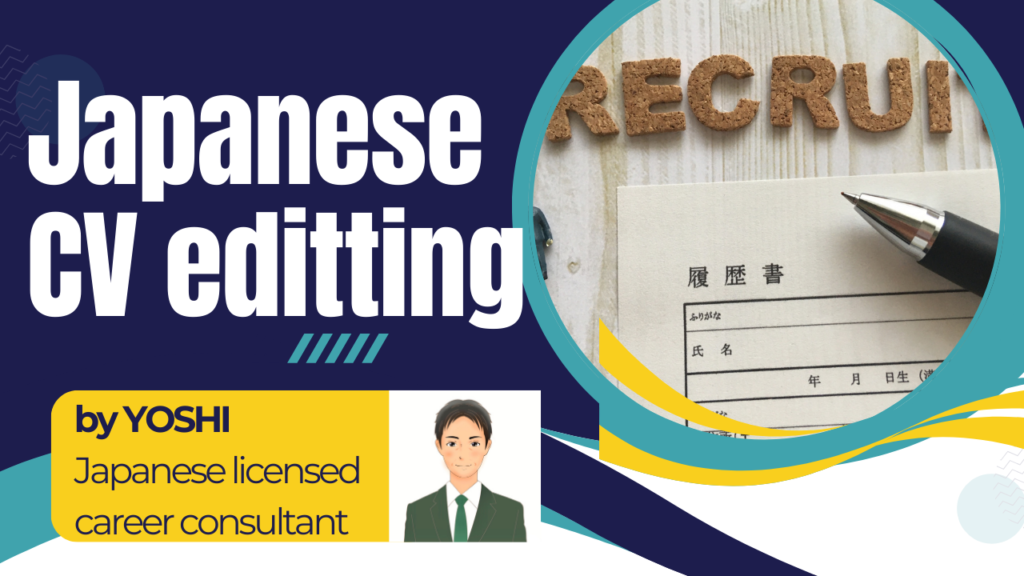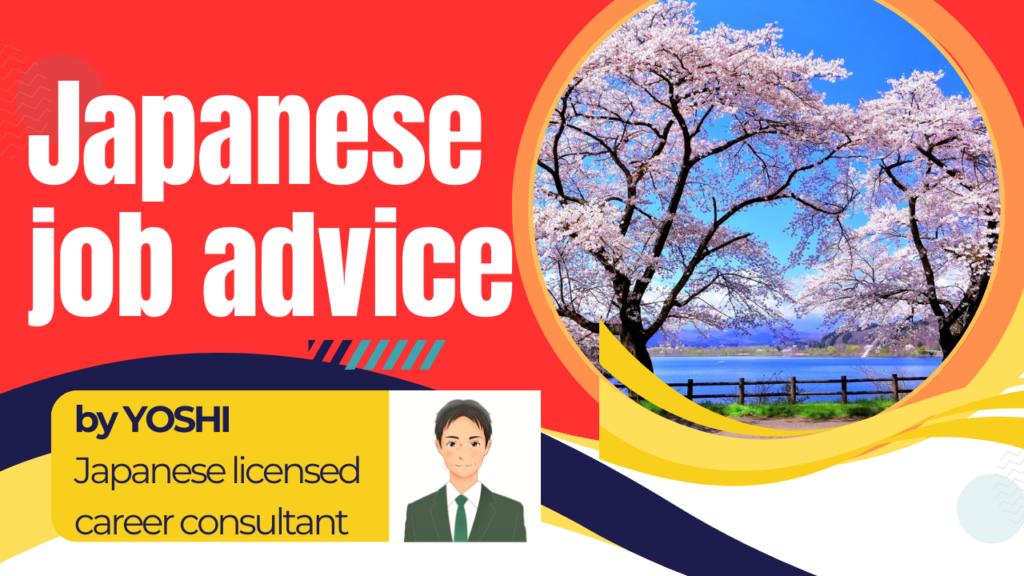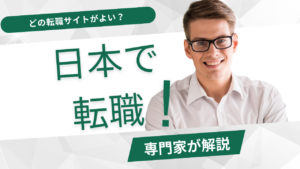Understanding "Taisyoku Daikou" (退職代行): Japan's Unique Job-Quitting Service

In a work culture as rigorous and disciplined as Japan's, leaving a job can sometimes be as daunting as starting one. This has led to the rise of a unique service known as "Taisyoku Daikou" (退職代行), or "job resignation representation." This service offers an unconventional yet increasingly popular solution for those who find it difficult to resign from their positions directly.
In Japan, it is particularly famous among the younger Generation Z for using this service right after a long holiday break. After a long vacation, HR personnel in Japanese companies are on tenterhooks, worrying about whether they will receive a call from a resignation service agency.
The most famous service giant is Momuri(もーむり), which means "I cannot tolerate anymore".
Momuri service
What is Taisyoku Daikou(退職代行)?
Taisyoku Daikou(退職代行), literally translating to "resignation agency," is a service that assists individuals in resigning from their jobs. This service is particularly useful for employees who anticipate a confrontational or emotionally charged exit due to strict work culture norms that highly value loyalty and long-term commitment to a single company. It caters to those who may feel intimidated by the prospect of facing their employers or those who wish to avoid the potential emotional or professional fallout of resigning in person.
How Does It Work?
The process is straightforward yet professionally handled. An employee who wishes to resign from their job contacts a Taisyoku Daikou service and provides them with the necessary details about their employment. The service then communicates with the employer on behalf of the employee to formally announce the resignation to HR section at the company. In most cases, these services guarantee confidentiality and aim to ensure a smooth transition without the need for the employee to directly confront their employer.
Why Is It Gaining Popularity?
Several factors contribute to the growing demand for Taisyoku Daikou services in Japan:
- Stress Avoidance: Many Japanese workers find it extremely stressful to announce their resignation directly, especially in environments where there is a strong hierarchical structure. In fact, in Japan, when someone announces their intention to resign, they may be summoned by their supervisor or the HR department and persuaded to stay.
- Preservation of Relationships: By using a third party to handle the resignation, employees can avoid burning bridges with their employers and colleagues.
- Legal and Emotional Support: These services often provide legal advice and emotional support to clients, helping them navigate the complexities of employment laws and workplace rights.

Criticisms and Controversies
While Taisyoku Daikou is seen as a beneficial service by many, it is not without its criticisms. Some argue that it promotes a lack of direct communication and personal responsibility in the workplace. Employers, in particular, may view the use of such a service as an escape from facing professional responsibilities and as a breach of the unwritten social contract between them and their employees.
As a Japanese person, my personal view is that it is acceptable to use such a service. This is because, in the actual work environment in Japan, there are often strong efforts to retain employees, which can be stressful. This is true because, unlike in some other countries, there are real restrictions on resigning freely. However, it is also true that some Japanese consider using this service to be impolite or disrespectful. It is a service that divides opinion even among Japanese people.

The Future of Taisyoku Daikou
As workplace dynamics evolve and the younger generation of workers prioritizes mental health and work-life balance over traditional employment norms, services like Taisyoku Daikou may become more commonplace. It represents a shift in how employment relationships are managed and may influence broader changes in corporate culture, not only in Japan but potentially in other parts of the world where work-related stress is a growing concern.
In conclusion, Taisyoku Daikou reflects both the challenges and changes within Japanese work culture. It underscores a broader global conversation about workplace norms and the rights of employees to seek healthier, more balanced work environments. As this service continues to gain traction, it will be interesting to see how it shapes discussions and policies around employment and resignation etiquette worldwide.
Writer and Editor: Lio, Japanese career consultant

Lio is a nationally licensed career consultant in Japan. He holds the Level 1 SEO Certification and is a certified web analyst. Born in Japan, he has lived in four countries, gaining an understanding of various cultures while being well-versed in Japan's unique work culture and language. With 25 years of experience in HR at both Japanese and multinational companies, he leverages his expertise to support individuals seeking to work in Japan




